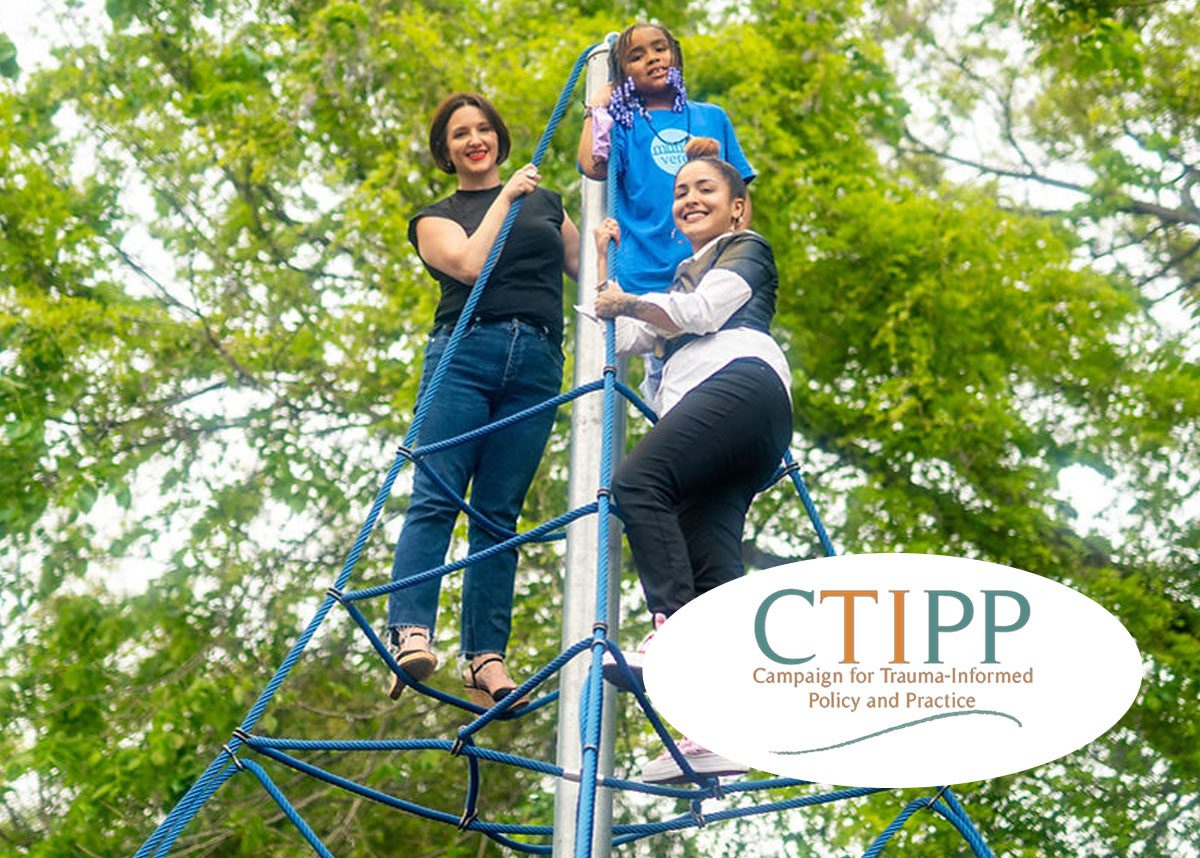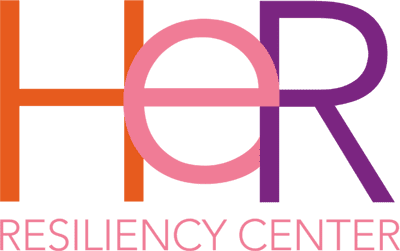Trauma
Informed
Trauma
Informed
HER uses the five principles of Trauma Informed Care in every aspect of our organization.
Every young woman supported at HER has experienced some form of physical, emotional, or sexual trauma at some point in their lives, mostly, complex trauma.
We make sure that every young woman feels emotionally and physically safe. Safety is something they have never experienced. Perpetrators do not provide their victims a schedule for abuse. They need security and safety in order to succeed; HER will ensure that it is the utmost priority.
HER works to earn the trust of each young woman. Nearly 100% of the time, she was abused by someone she thought she could trust. Instead this person used their trust to get closer to them and to hurt them. Now they literally do not know who to trust.
HER gives back power and control in her life by maximizing their choices. The program her to know her options and make the best choices for herself. HER does not make decisions for them.
HER collaborates with the young woman we serve. She is offered a seat at the table and share in empowerment. She does not only receive supportive services, but also has a say in what services are provided and how they are delivered.
HER empowers each woman by offering the tools and time to access them while building skills and regain her voice. Trauma survivors have done what they had to do in order to survive. HER’s goal is for each young woman to gain hold of the tools to a different life, find her power, and thus, her empowerment.

CTIPP Partner Spotlight: Natasha Guynes, HER Resiliency Center
“Natasha Guynes is the Founder and President of the HER Resiliency Center (HER), which gives 18 to 25-year-old-women overcoming hardship a safe environment to receive the support, skills, and resources they need to make positive decisions and thrive. (Based in Washington, DC, and Baltimore, MD)
We wanted to share Natasha’s perspectives and expertise with the trauma-informed movement as part of our ongoing effort to build the grassroots network, spur collaboration, and share insights from lived and professional experiences.”
